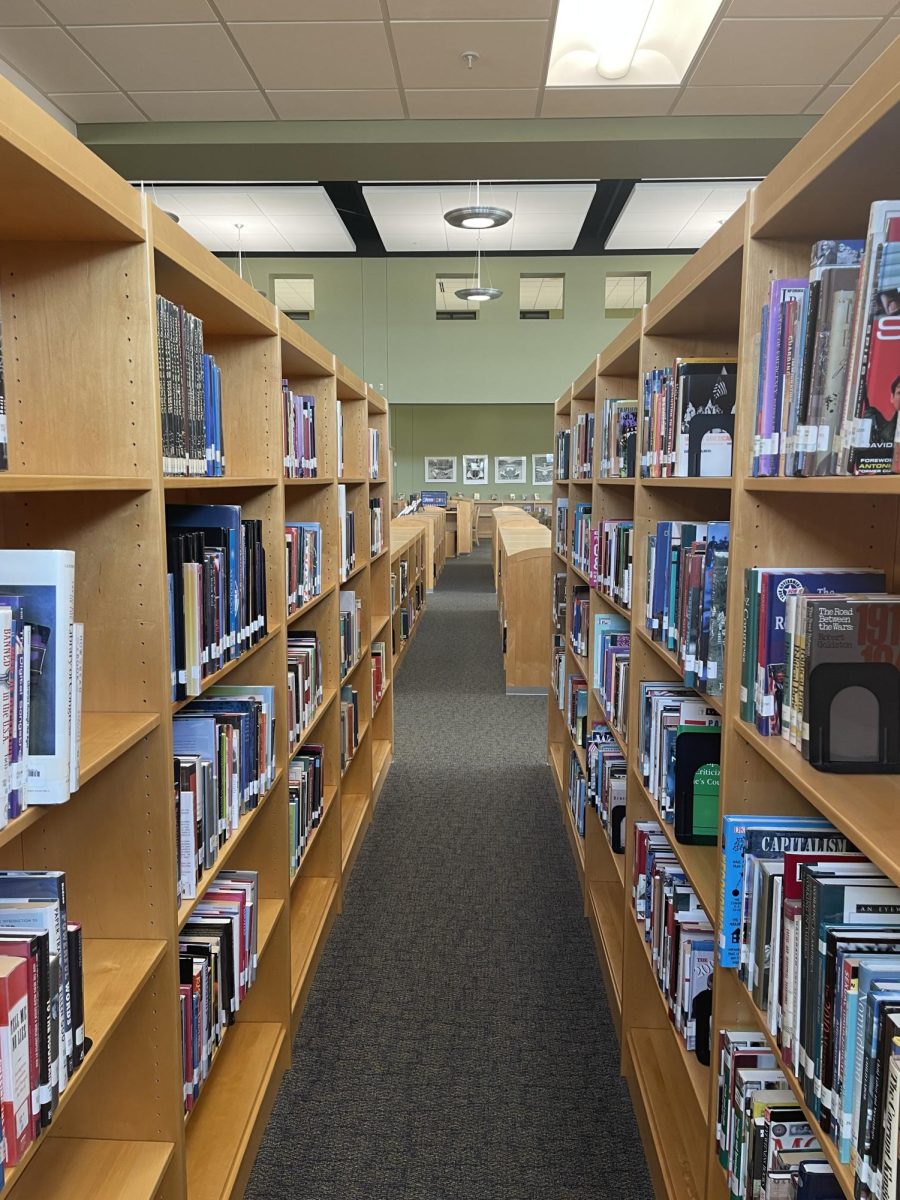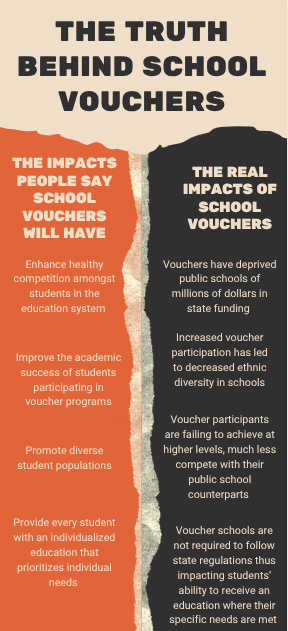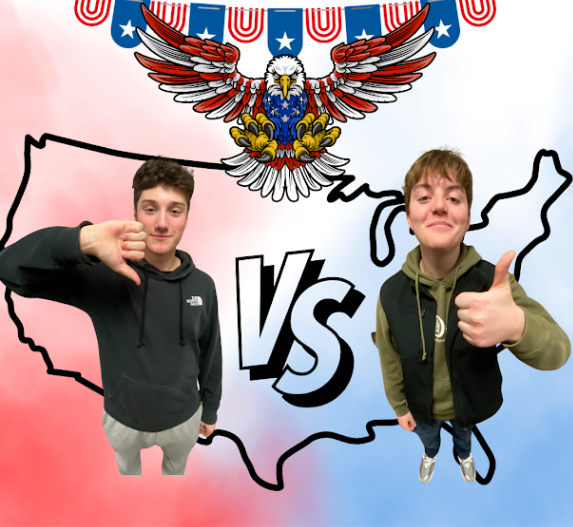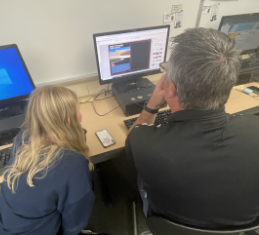The death of freedom knocks, asking first to censor books.
When I was in middle school, I went to my school library to borrow my favorite book, The Catcher in the Rye. I read it for school, but the book resonated with me, and I wanted to read it again for fun.
I spent 20 or so minutes combing through the vast rows of literature, scouring the shelves for The Catcher in the Rye, but to no avail. I approached the librarian.
The librarian frowned slightly, before explaining that they “didn’t have that book anymore.” Certain books, she said, were deemed “inappropriate”, and that libraries were not allowed to carry them. I dejectedly left. It hurt. A classic novel, one everyone could identify with, was stripped from the shelves, all to appease the close-minded and entitled few.
Books are being banned at an exponentially high rate. 2022 marks the most books America has attempted to ban in a century, at 2,571 book ban attempts. Overall, that is a 60% increase in attempts from the previous year.
Alarming statistics from the American Library Association indicate that the vast amount of book ban attempts were targeted at LGBTQ+ books, or books written by people of color. All of this is well documented; what is often overlooked is how the rise in censorship has affected the communities and minority groups who are being silenced.
Neighboring schools such as Hudsonville, Dearborn, and Davison are all struggling with book bans. In Hudsonville, comments from several staff members and parents objected to the Hudsonville school board’s banning of books relevant to LGBTQ+ issues. “We love our schools and are very involved, but the board is more concerning, looking to ban books, and are definitely not welcoming to people of minority or differences,” one parent said. These book bans may be symptomatic of a broader issue within many of these schools, political bullying.
“When asked about how welcoming we are and how we foster a sense of belonging for ALL students, I need to draw attention to the students who are underrepresented (LGBTQ, those with unique families, students of color, etc). I believe at times they may feel under attack by community members addressing the school board,” another Hudsonville parent said.
Students of color and of the LGBTQ+ community already deal with higher rates of bullying from other students. Now, they are facing it from the people who supposedly have their best interests at heart, school boards.
Dearborn, Portage, and Davison have also banned several LGBTQ+ books at the behest of their school boards. Though, in the case of Dearborn, hundreds of outraged citizens rallied outside the Henry Ford Centennial Library in protest against the banning of books .
School libraries are not the only ones being targeted for censorship. Public libraries, such as the Patmos Library in Jamestown, MI, are now facing a wave of oncoming bans and in Patmos’s case, being punished for their refusal to cooperate. A vote last August resulted in the library being severely defunded due to its insistence on providing books inclusive of LGBTQ+ perspectives.
“I really feel like it means that that community has lost access. In a case like Jamestown, that community loses access to information. I really worry for people who don’t have access in a different way. Maybe because they can’t afford it, or it’s out of where they travel, and libraries do not only provide access for information,” Rebecca VanWeerdhuizen, West Ottawa High School’s head librarian, said.
“They are community centers, places for people to gather. Oftentimes they are places to access community resources. I worry that people will lose out on so much community and information,” VanWeerdhuizen said.
As the head librarian of West Ottawa, VanWeerdhuizen is responsible for keeping the place running smoothly. She also co-teaches classes that provide students with fundamental literacy skills such as determining reputable sources. VanWeerdhuizen’s mission is to provide a safe and comfortable environment for all students to learn and escape into a good book. “It’s important for everyone to see themselves in stories, and I think it gives them value to see themselves in those stories,” VanWeerdhuizen said.
VanWeerdhuizen has seen the tides of censorship rise and fall. The rapid waves of censorship have VanWeerdhuizen concerned for the sanctity of learning.
“I think there is a lot of fear that is behind book bans. There’s a lot of times where parents and community members want to protect kids. My question would be who are you protecting? All students and all of the diverse stories they come into school with? I think my role as librarian is to make sure everyone’s story has a place, and that everyone is welcome in our libraries.” VanWeerdhuizen said.
Banning books sends a clear message; only certain people are allowed to be heard. It is obvious that many school boards have little interest in providing an environment for ALL students to feel seen in. Parents feel that their children are being attacked for their identities, a problem only exacerbated by school boards’ sole focus on personal agendas. Libraries are a symbol of community, understanding, and comfort. Taking that away from certain groups just because they do not fit the social norms is an ultimate injustice, and must stop at all costs.








Joey DeRoo • Mar 1, 2024 at 9:09 am
The library will never die!